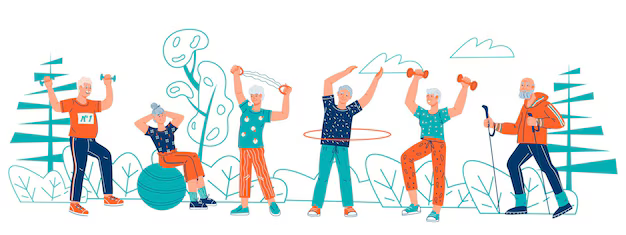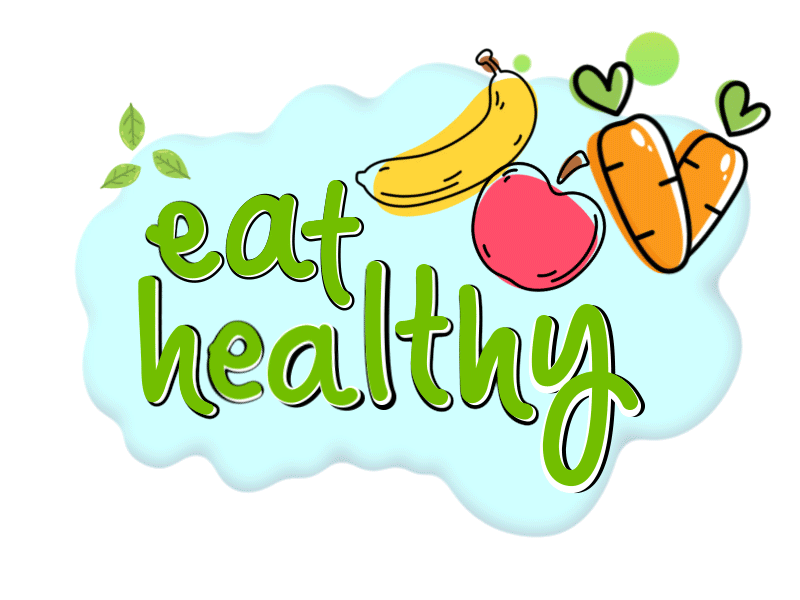STRONGER, LEANER, SMARTER: HOW NUTRITION AND FITNESS EVOLVE BEFORE AND AFTER 50
The Turning Point
Turning 50 is not the beginning of decline — it’s the start of optimization.
With advancing age comes wisdom — and also physiological changes that affect how we gain muscle, store fat, absorb nutrients, and recover from exercise.Modern science now confirms: the body doesn’t "slow down" because of age — it slows down because of outdated habits. The right nutrition and fitness strategies, personalized for your age group, can completely redefine your energy, metabolism, and even skin health.
1. Metabolism and Muscle: Your Body’s Changing Blueprint
- Before 50: Your body naturally preserves muscle better, with higher testosterone, estrogen, and growth hormone levels. But a high-carb, low-protein diet and sedentary lifestyle can sabotage this advantage early.
- After 50: Sarcopenia (muscle loss) accelerates — unless interrupted by resistance training and protein intake. Studies show that adults over 50 need more protein per kilogram of body weight than younger adults to maintain lean mass.
Key science:
A 2023 meta-analysis (Journal of Cachexia, Sarcopenia and Muscle) found that combining resistance exercise with ≥1.2g protein/kg/day significantly preserved muscle in adults 50+.
2. Nutrient Priorities Before & After 50
| Nutrient | Before 50 | After 50 |
|---|---|---|
| Protein | 1.0–1.2 g/kg/day | 1.2–1.5 g/kg/day |
| Vitamin D3 | 600–800 IU/day | 1000–2000 IU/day (plus sun exposure) |
| Calcium | 1000 mg/day | 1200 mg/day |
| Omega-3s | Anti-inflammatory | Cardiovascular + cognitive protection |
| Magnesium & B12 | Often overlooked | Essential for nerve/muscle function, absorption decreases with age |
Smart tip: Nutrient absorption, especially B12 and iron, drops post-50 due to changes in stomach acid. Consider targeted supplementation based on blood tests.
3. Fitness: The Anti-Aging Prescription
"Exercise is the most powerful anti-aging intervention known to science."
- Before 50:
- Focus on metabolic flexibility: mix cardio (HIIT, cycling) and strength training.
- Incorporate mobility and balance early (yoga, Pilates).
- After 50:
- Prioritize resistance training 2–4x/week to prevent frailty.
- Add joint-friendly cardio (walking, rowing, elliptical).
- Include balance & neuroplasticity training (tai chi, coordination drills).
Key fact:
A study in The Lancet Healthy Longevity Journal(2022) showed that maintaining muscle strength and cardio-respiratory fitness over age 50 reduces dementia risk by up to 30%.

4. Gut Health, Hormones, and Inflammation
- Pre-50: Gut health influences energy, cravings, and skin clarity.
- Post-50: Gut microbiome diversity drops, affecting metabolism and immunity.
Support your gut at any age with:
- Diverse plant-based foods (30+ plants/week = gold standard)
- Fermented foods: kefir, sauerkraut, miso
- Prebiotics: oats, garlic, bananas
- Limit ultra-processed foods that spike glycemia and inflammation

Hormonal harmony:
- Estrogen and testosterone shifts affect fat storage, insulin sensitivity, and mood.
- Support hormones naturally: sleep hygiene, strength training, and healthy fats (avocados, nuts, olive oil)
5. Putting It All Together: My Personal Protocol
As a physician, I often guide my patients through aging with vitality. My recommendations:
- Daily movement — no zero-activity days
- Prioritize protein with every meal
- Ditch sugar spikes: favor fiber, fat, and protein
- Sleep like it's your job — 7–8 hrs minimum
- Don't fear lifting weights — it's safer and more effective than you think
Conclusion: 50 Is Just the Beginning
Aging is not something to fear — it’s something to master. With the right strategies, your 50s and beyond can be your most vibrant, powerful years. If you’re ready to take action, start with one change this week: more movement, more protein, or more rest. Your future self will thank you.